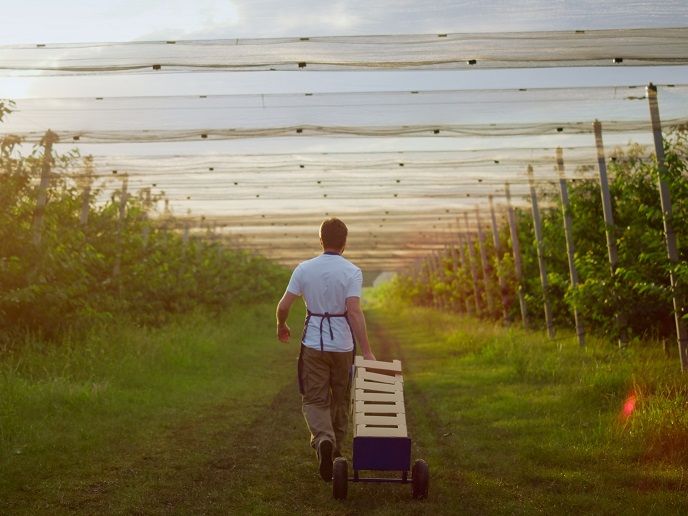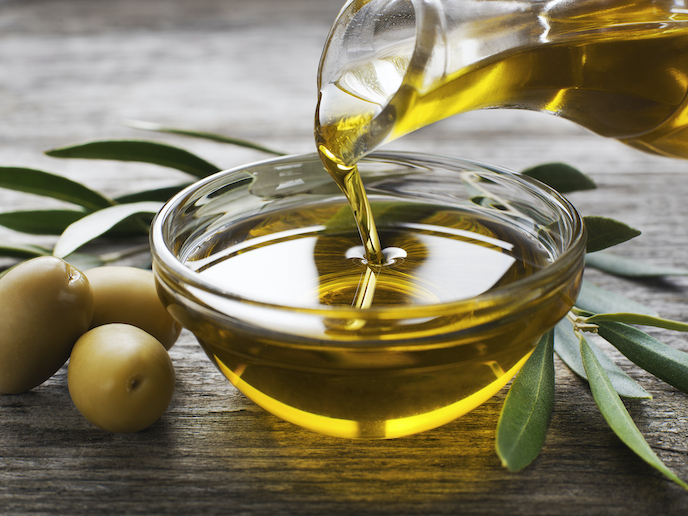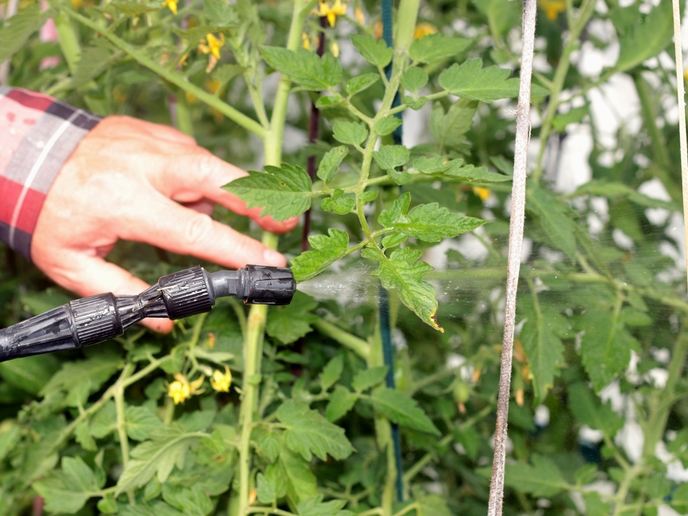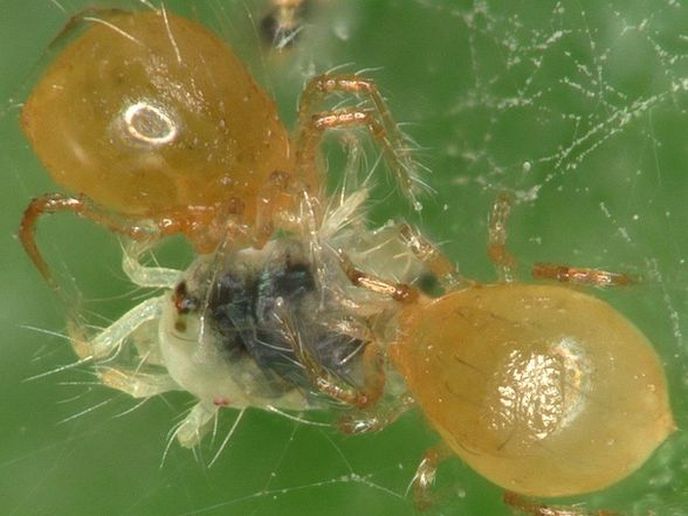Sharing knowledge between Europe’s organic fruit farmers
Organic farming is growing quickly in Europe. However, in 2020, only 9.1 % of the total agricultural land across the EU was dedicated to organic production. Under the EU Green Deal, the farm-to-fork strategy set the goal of having 25 % of the EU’s agricultural land under organic farming by 2030. Organic farming is challenging and technically demanding. Farmers are faced with a range of difficulties for which they cannot turn to conventional solutions, such as soil and fertilisation management, and crop protection. Many European organic farmers have developed their own agroecology strategies to improve plant health and optimise organic agriculture, yet much of this knowledge is not spread widely, in part due to linguistic and geographical barriers. “There is already a culture of sharing information through formally or informally established knowledge exchange networks in Europe,” says Sophie Egerer from Naturland, BIOFRUITNET (Boosting Innovation in Organic FRUIT production through strong knowledge NETworks) project coordinator. “However, these networks are mainly active at local level, and information on existing practical knowledge in particular is barely crossing regional or national borders.” The EU-funded BIOFRUITNET project aimed to overcome this communication problem, by creating a knowledge network – both online and physical – to collect and share local and scientific knowledge on organic fruit farming across the EU in local languages. “The contribution to making knowledge about organic farming much more accessible for farmers across Europe delivered by BIOFRUITNET is considered a strong effort in fostering the transition toward a greener EU,” notes Egerer.
Identifying existing farming knowledge
The BIOFRUITNET team first surveyed farmers, advisers and their associations to map out existing knowledge exchange networks across the EU and neighbouring countries. A second survey, which reached around 250 farmers and advisers across 12 EU countries, helped the BIOFRUITNET team identify and define which pests and diseases are of the greatest concern in organic orchards. This also revealed the adoption level of orchard management practices suitable for organic farming, particularly those related to variety choice, fertilisation, functional biodiversity and crop protection. “We could obtain an up-to-date and accurate picture of the challenges faced by organic fruit farmers throughout Europe, and identify the topics where BIOFRUITNET could be most beneficial to them,” adds Egerer. The team then reviewed existing scientific and ‘grey’ literature to prepare a wide range of communication materials, to overcome the language-barrier bottleneck. Now available in 10 languages, these included 30 short technical videos, 100 practice abstracts, five podcasts and three e-learning courses – each comprising four to five modules of about half an hour each.
A growing European organic knowledge web
BIOFRUITNET’s new knowledge materials provide a solid basis of training on organic fruit growing, while the communication networks will allow for increased direct sharing of knowledge between Europe’s organic fruit farmers. “The creation of a European web of knowledge networks has been conceived to maintain and further develop the transfer of know-how in the future,” Egerer says. The EU web of knowledge networks is also designed to ensure continuation of the project’s work beyond its end. As the project went beyond EU borders, integrating knowledge networks from non-member countries in Europe and the Mediterranean, its impact would benefit a wider transition to a greener agriculture. “Among these are countries where organic fruit production is still in its infancy and thus there is a huge potential for the transition towards organic farming,” concludes Egerer.
Keywords
BIOFRUITNET, agroecology, organic, farming, knowledge, sharing, networks, barriers, linguistic, geographical







